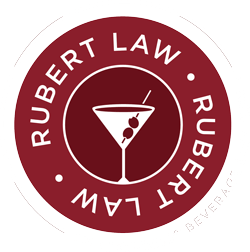The “organic” label has become a value-adding element to the food and beverage industries since the Organic Food Production Act of 1990. There are a variety of state and federal guidelines regarding organic standards. Those in the alcohol beverage industry may have noticed that Florida has become increasingly strict regarding organic labeling.
Some may wonder what the big deal is: Beer, wine and liquor are all made with natural ingredients used for countless millennia. But like organic food, organic alcohol requires specific protocols from the manufacturers and producers for it to be certified as organic.
USDA and state regulations
The United States Department of Agriculture (USDA) and the state have standards for producing, processing, handling, labeling and marketing all organic products, including alcoholic beverages. There are graded certifications for different substances not allowed in producing the product. The labeling then assures the customers of organic standards. The categories for alcoholic beverages and other products are:
- 100% Organic: This means it contains only organic ingredients and processing with no sulfites.
- Organic: This means it contains at least 95% organic ingredients and no sulfites.
- Made with organic ingredients: This means it contains at least 70% organic ingredients and can have up to 100 ppm of sulfites.
Anything less than the above can individually identify organic produced ingredients, products or handling. Wines and other alcoholic products imported from Europe have an equivalence arrangement through the European Union.
Getting certified locally
Those who wish to certify their organic products here in Florida can start by going to the Florida Organic Growers website, a privately owned organization accredited by the USDA. It provides Quality Certification Services. As pointed out above, organic is more than growing produce. There is also the handling of the products and protocols.
As more and more small manufacturers attempt to separate themselves from large international corporations, alcoholic beverage manufacturers need to be careful when using categories or state and federal officials may come calling. If this happens, they will need to defend their products, labeling and packaging to meet their claimed standards.
It may be necessary to hire an alcohol beverage law attorney to defend them here in the state. These legal professionals can also guide those with questions, thus reducing the potential for regulatory disputes and compliance issues.
